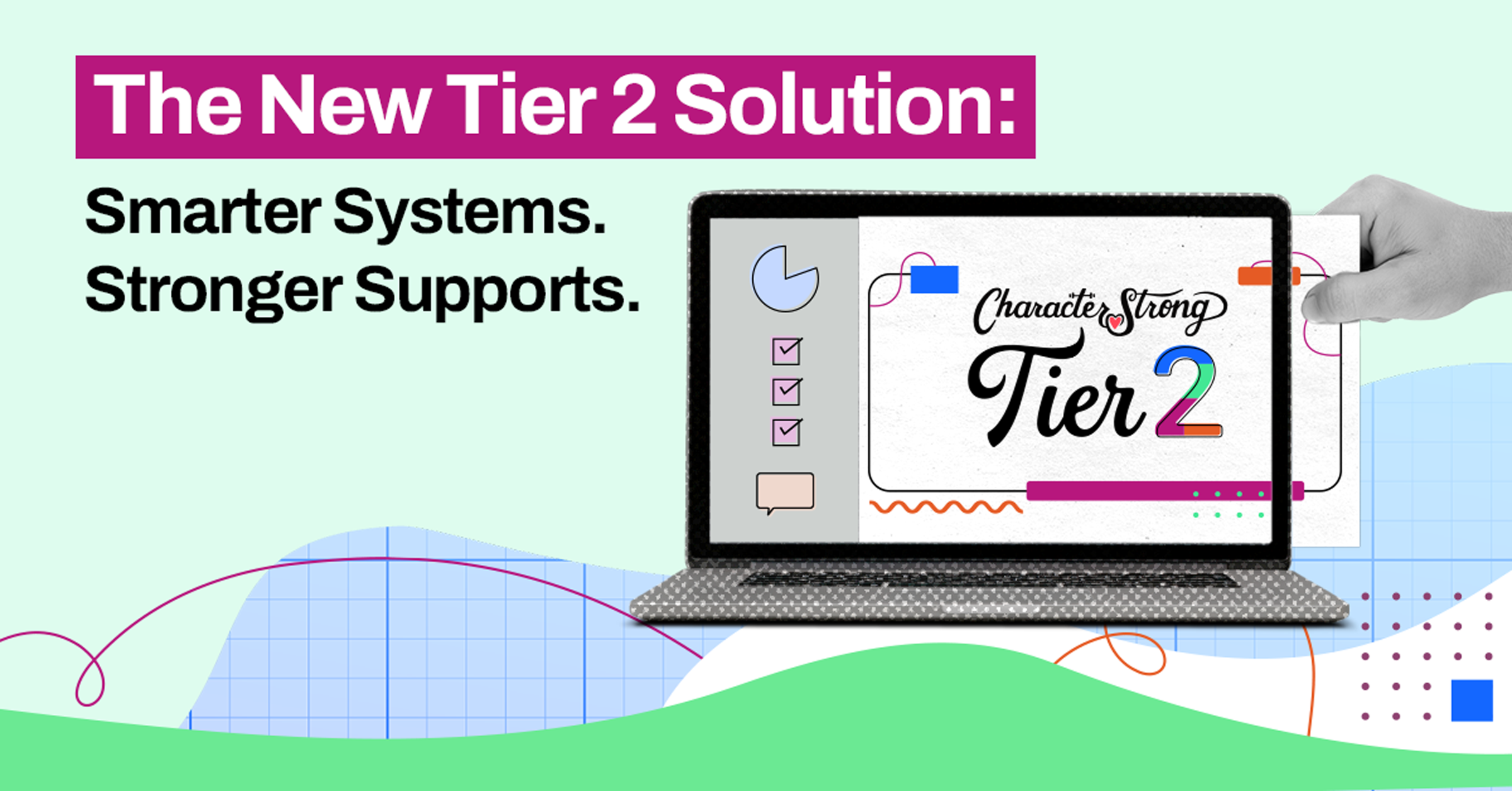How MTSS can Reduce Chronic Absenteeism
Chronic absenteeism, defined by students missing 10% or more of their school days for any reason: excused, unexcused, and suspensions, is a persistent challenge that hinders student achievement. Fortunately, a powerful framework exists to address this issue: the Multi-Tiered System of Supports (MTSS). MTSS goes beyond a reactive approach, prioritizing proactive prevention and early intervention through a collaborative effort between educators, families, and community organizations. This comprehensive strategy allows schools to identify students at risk, implement targeted interventions, and ultimately create a supportive learning environment where all students thrive.
MTSS: Starting with a Proactive Approach
At the core of MTSS lies prevention. Tier 1 strategies focus on establishing a strong foundation for positive school culture and attendance. This includes setting clear behavioral expectations through Positive Behavioral Interventions and Supports (PBIS) frameworks, fostering positive relationships between educators and students, and promoting a sense of belonging through community-building activities and extracurricular opportunities. By proactively creating a safe, inclusive, and engaging environment, MTSS aims to prevent chronic absenteeism before it starts.
Tier 1 Solutions: Universal Strategies for All Students
- Behavioral Expectations and Routines: Implement a school-wide PBIS program like CharacterStrong to establish clear and consistent behavioral expectations. Train staff on positive reinforcement strategies to address misconduct.
- Positive Educator-Student Relationships: Provide professional development for educators on relationship-building techniques like "banking time" and positive communication. Organize classroom activities and school events that promote positive interactions and a sense of community.
- Motivational Practices: Integrate career exploration activities into the curriculum to help students connect their education to future goals. Ensure lessons are engaging and relevant to student interests. Implement school-wide attendance recognition programs like certificates or awards.
- Mental Health Support and Peer Influence: Screen students for potential mental health concerns and offer on-site or referral services. Partner with community organizations to provide additional support. Facilitate mentorship programs or peer support groups to connect students with positive role models.
- Identify Barriers to Attendance: Work to understand the root causes of chronic absenteeism: sense of safety, sense of belonging, motivation, mental health, family dynamics, medical conditions, and unexcused absences.
- Communication and Collaboration: Develop a two-way communication system to keep families informed about attendance and school activities. Organize family education workshops on the importance of regular attendance and strategies to support their child's school participation.
Access our Tier 1 Sample Lessons
Early Intervention: Catching Issues Before They Escalate
MTSS doesn't stop at prevention. Regular attendance data monitoring allows for early identification of students at risk of chronic absenteeism. This enables Tier 2 supports to be implemented before issues escalate. These interventions can be as simple as connecting students with mentors to address initial refusal or school-related anxieties or offering support to families facing temporary challenges, such as transportation difficulties. By addressing these concerns early on, MTSS can significantly impact a student's trajectory towards regular school attendance.
Tier 2 Solutions: Targeted Interventions for At-Risk Students
- Build on the Tier 1 strategies and provide additional support to students identified as at-risk for chronic absenteeism.
- Conduct individual meetings with students and families to understand the root causes of absences.
- Implement targeted interventions based on individual needs, such as tutoring, academic counseling, or social-emotional learning programs.
- Increase communication frequency with families regarding their child's attendance and progress.
Access our Tier 2 Sample Lessons
Individualized Support: Tailored Interventions for Diverse Needs
Chronic absenteeism can stem from various causes, and MTSS recognizes this complexity. The tiered approach allows for targeted interventions based on individual needs. Tier 3 provides intensive support for students facing significant barriers, such as mental health concerns that may be affecting their attendance. This might involve collaborating with mental health professionals or connecting students with specialized resources within the community. Through data-driven decision-making, MTSS ensures that the interventions implemented are the most effective in addressing each student's unique situation.
Tier 3 Solutions: Intensive Support for High-Risk Students
- Provide intensive support for students facing significant barriers, such as mental health concerns or homelessness.
- Collaborate with mental health professionals, social workers, or community organizations to develop individualized support plans.
- Offer intensive in-home services or alternative learning programs when necessary.
- Maintain consistent communication and collaboration with families and support systems.
Access our Tier 3 Sample Lessons
Data-Driven Decisions: Continuously Improving the Approach
There is never a one-size-fits-all solution which is why MTSS is so critical to whole child success. Data collection and analysis of attendance patterns are crucial aspects of the framework. This data empowers schools to identify trends, understand the root causes of absenteeism, and evaluate the effectiveness of interventions. By continually monitoring and analyzing data, schools can refine their approach and ensure that MTSS is making a positive impact on student attendance.
Collaboration is Key: Partnering for Student Success
MTSS fosters collaboration between educators, families, and community resources. Schools can partner with mental health professionals, transportation authorities, and community organizations to create a comprehensive support system for students struggling with chronic absenteeism. Open communication with families, through family liaisons and educational initiatives, is also paramount. Working together, all stakeholders can play a vital role in ensuring that every student feels supported and empowered to attend school regularly.
By implementing a well-designed MTSS, schools can move from a reactive stance to a proactive one, effectively addressing chronic absenteeism and promoting a positive school environment. Ultimately, MTSS paves the way for all students to reach their full potential.
Download our Problem-Solving Blueprint for Chronic Absenteeism

